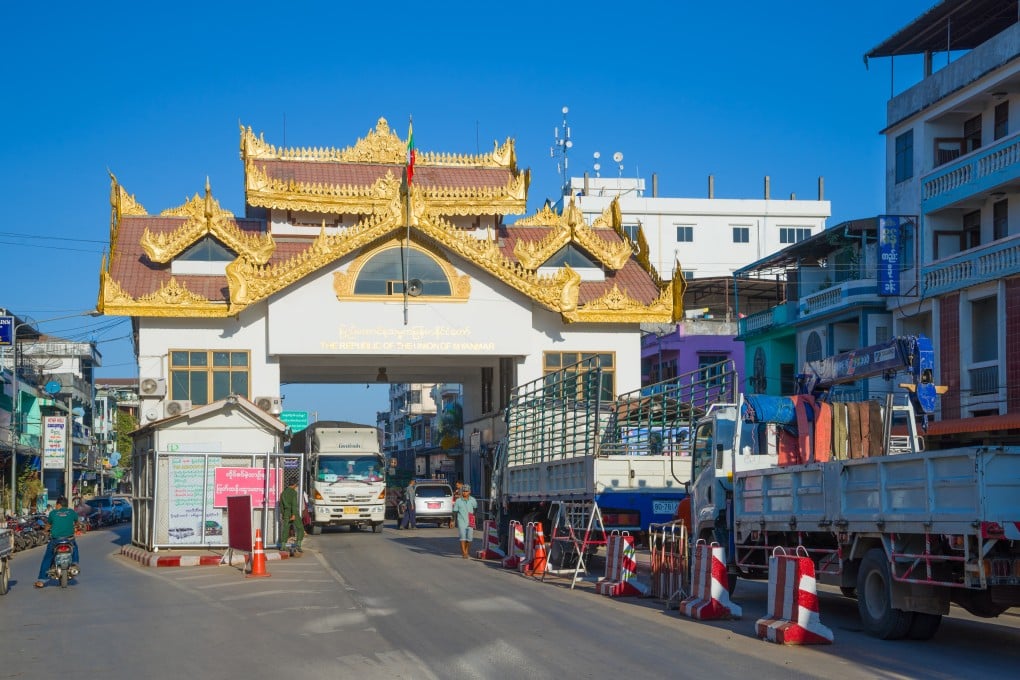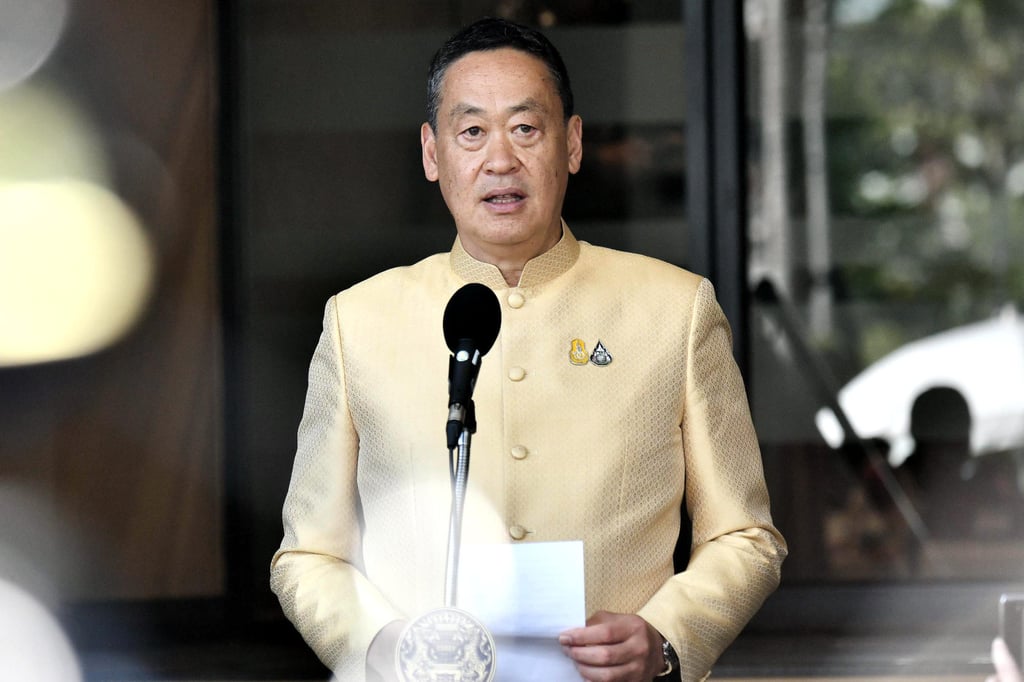Thailand completes transferring some 900 scam victims from Myanmar to China: PM Srettha
- The Chinese nationals were transported from Myanmar’s border town of Myawaddy to Thailand’s Mae Sot, where they were transferred to Chinese planes
- Thai deputy police chief Surachae Hakparn said the operation involved 15 flights over three days to return Chinese scam victims to China

The operation, which Thai police say started last Thursday and was completed on Saturday, involved transporting the Chinese nationals from Myanmar’s border town of Myawaddy to an airport in the Thai border district of Mae Sot, where they were transferred to Chinese planes.
“The process was done voluntarily, based on humanitarian principles, it was not forced,” Srettha said, adding that Thailand had facilitated the transfer to the flights at Mae Sot.
Thai deputy police chief Surachae Hakparn said the operation involved 15 flights over three days to return Chinese scam victims to China.

The Chinese foreign ministry did not immediately respond to a Reuters request for comment. Myanmar’s military spokesperson also did not respond to a call seeking comment.